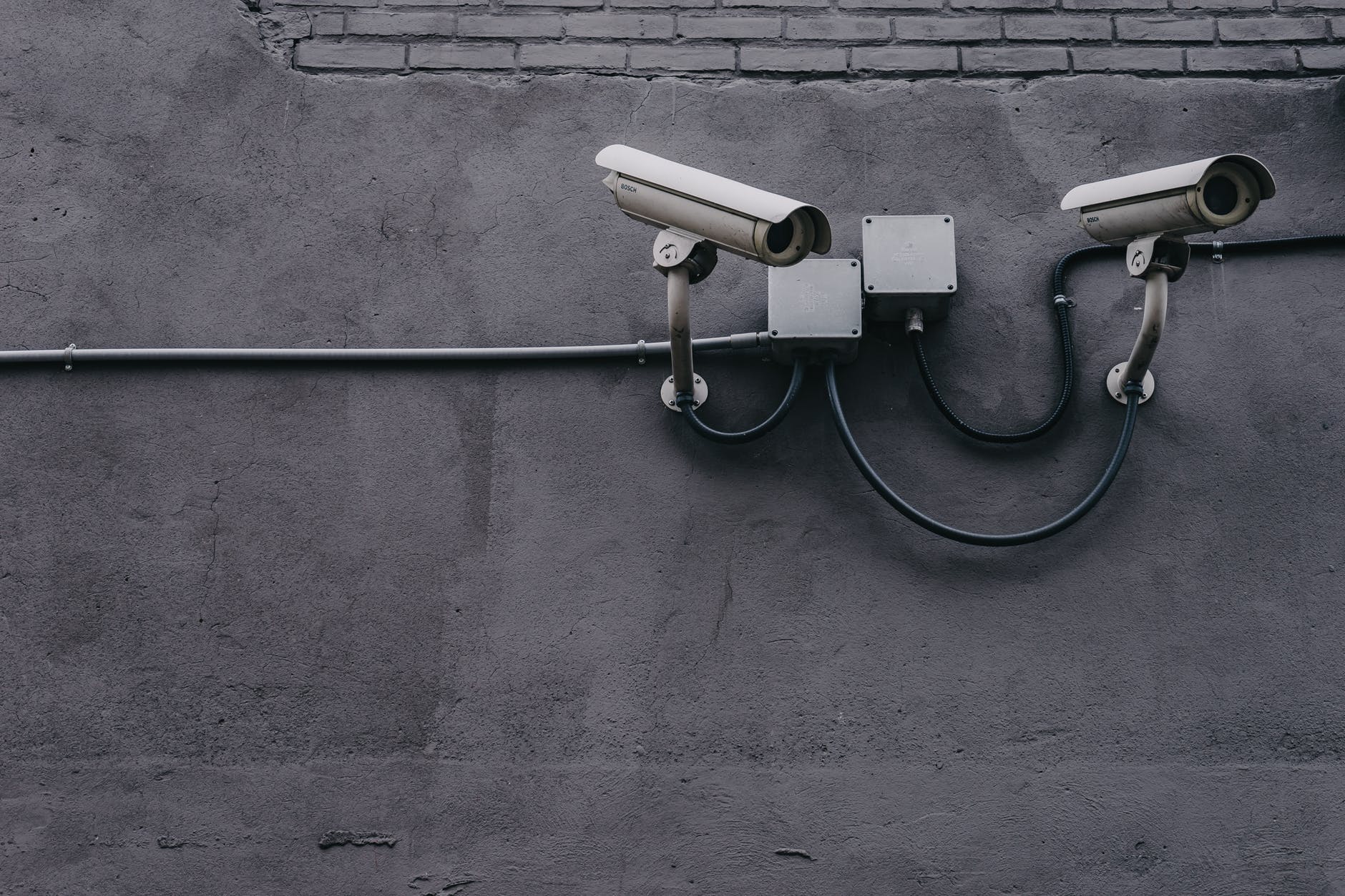When deciding on what type of security system or camera you necessitate, it is crucial to understand the differences between wired, wire-free, or wireless systems. While it can appear to be pretty straightforward at first, the differences between the three lies in the details. We know you have a lot to consider when selecting a security system. In this article, we’ll be having a closer look at wired security cameras and detailing the advantages and disadvantages to assist you in deciding whether this is the security setup you require for your property.
Wired Security Cameras
Wired security is the most standard and widely used mainly on more significant properties. These systems need cables for power, video transmission as well as an internet connection. A cable is running from the camera to the recorder, which in turn connects to your router. There are two selections for how the wired security system can be powered: a separate power cord or by using one POE cable. Power over the ethernet (POE) enables systems only necessitate one cable that provides both the internet connection and power. There are also great security cameras for business as well.
Reliability
The foremost strength of wired security is the reliability it offers. Wired security systems are not susceptible to any interference from wireless signals because of the physical connections there are between the recorder, camera, and router. If you’re still in the dark as to whether you want a wired or a wireless system, you can view this comparison of the 2.
Advantage
One of the predominant determining factors when selecting wireless vs. wired security camera systems is the size of the property and also the number of cameras you require. Many businesses or homeowners with substantial properties require comprehensive coverage instead of just monitoring a few access points. As such, they will often need more than four cameras, therefore a wired system that can link and support all the cameras. This type of system can support four to sixteen cameras.
Disadvantages
- A significant drawback of a wired system is the installation requirements. It entails running various cables, which can be a daunting task for some. These systems also tend to be less flexible in comparison to wire-free or wireless systems since they must have admittance to a power outlet.
- They are susceptible to power outages. When your property doesn’t have power, so will your security system. For remote properties, this issue can be mitigated by having a backup generator.
Advantage & Disadvantage
Due to the installation time, a wired security camera system is highly suited for businesses or homeowners that have a more permanent location. The installation requires running cables, installation, and mounting, which can be a time-consuming endeavor. The location of the recorder and cameras will be contingent on the access of power outlets, and the cables must be run between the devices. Once the installation is done, the wired systems are less movable as the cameras will then necessitate re-running the cables. ACCL shares the many different CCTV camera options available that can make it easy for one to decide on which would best suit their needs. For individuals who require a quick and temporary security solution, the lack of flexibility and installation process are detracting factors. However, for others, the boosted reliability and being able to link more cameras on the system will offset the delayed installation process.
